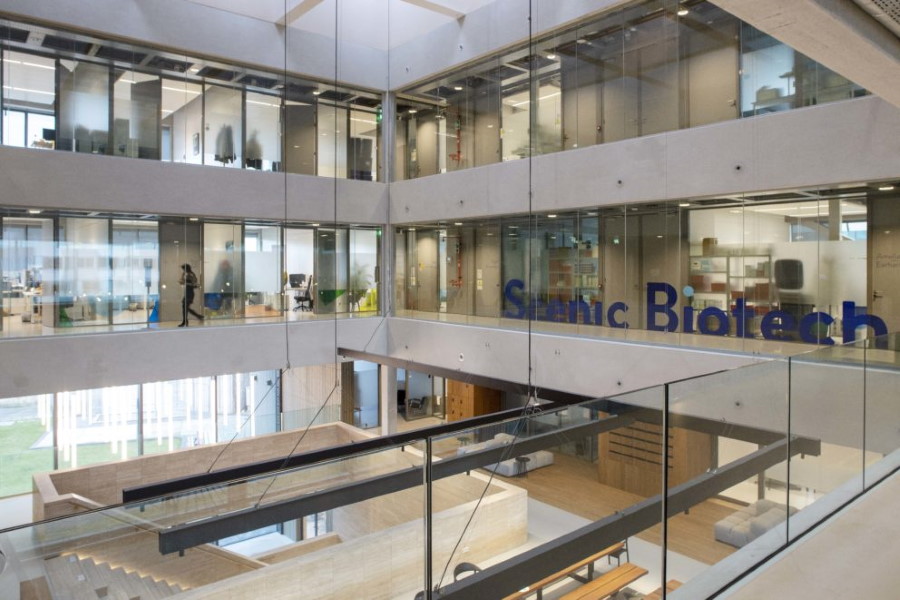Scenic Bio raises $31m for genetic modifier platform

18 months after signing its first partnering deal with Genentech, Scenic Biotech has raised $31 million in first-round financing that it will use to take its own genetic modifier-targeted medicines into clinical trials.
The Netherlands-based biotech, which is putting together a pipeline of genetic modifier drugs for cancer and rare diseases, said the new funding would also allow it to double its headcount to add clinical capabilities and move to a larger facility.
Scenic's platform technology Cell-Seq is used to seek out genetic modifiers, defined as gene sequences that counteract the effect of another disease-associated gene.
The presence of these modifiers is one explanation for why some patients with a disease gene experience severe symptoms, while others are affected more mildly, having a form of innate protection. Others working in this area include Maze Therapeutics in the US.
The biotech has already developed a library of genetic modifiers that could be targeted with drug treatments, and said the cash injection will be used to expand its focus into new programmes, which in turn could lead to further industry collaborations.
Scenic's lead development project is in immuno-oncology, targeting QPTCL, an enzyme present in cancer cells that modifies the CD47 immune checkpoint, which protects tumour cells from being attacked and eaten by immune cells.
The CD47 pathway is also being targeted by other biopharma groups, including Gilead with magrolimab, Pfizer/Trillium and AbbVie/I-Mab. Scenic has developed a series of small-molecule drugs targeting QPTCL that block the expression of CD47 on cancer cells.
The biotech meanwhile also has three lead candidates for inherited rare diseases in preclinical development, including a small-molecule drug for Niemann-Pick type C (NPC), a progressive genetic disorder that leads to the accumulation of fatty substances in tissues and can cause a range of symptoms, including liver and lung disease and neurological impairment.
A second programme is for people with Barth syndrome, an inherited mitochondrial disorder that causes an enlarged and weakened heart, skeletal muscle problems and infections, while the third is targeting an as-yet unidentified severe inherited metabolic syndrome.
The promise of the Cell-Seq platform prompted Roche's Genentech unit to strike a deal worth up to $375 million with Scenic in 2020, which has now been expanded twice and spans six scientific areas.
The latest funding round was led by Eir Ventures, BioMedPartners and Vesalius Biocapital, alongside existing investors Inkef Capital, BioGeneration Ventures and Oxford Science Enterprises as well as founders and management.












